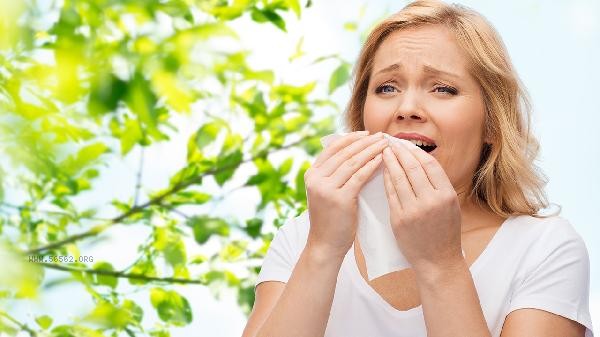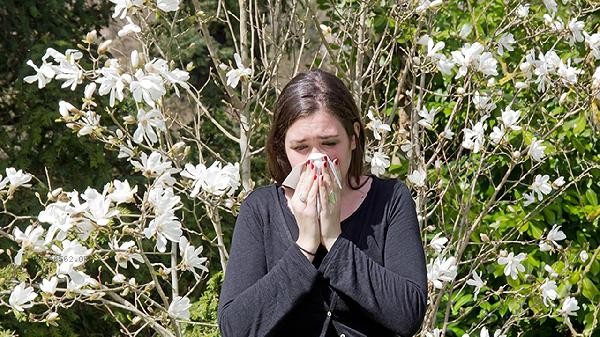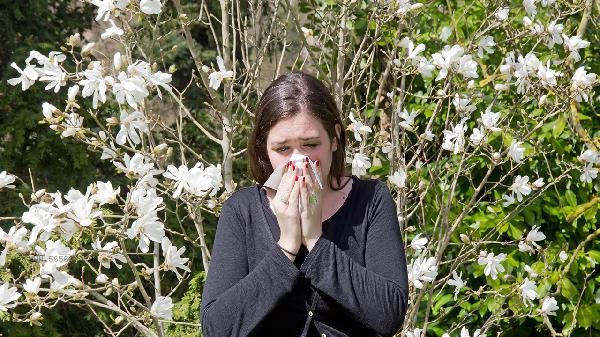Bee pollen is rich in nutrients, but it is not suitable for people with allergies, pregnant women and infants, and those with gastrointestinal disorders. Bee pollen may induce allergic reactions, affect hormone levels, or increase digestive burden, so careful selection is necessary.

1. Allergic individuals
Bee pollen contains plant protein and allergens, which can easily induce allergic reactions such as skin itching and laryngeal edema. People who have been allergic to pollen or bee products in the past or suffer from allergic rhinitis or asthma should avoid contact. If rash or difficulty breathing occurs after ingestion, seek medical attention immediately and use antihistamines such as loratadine tablets and cetirizine hydrochloride tablets to alleviate symptoms.
II. Pregnant women and infants
The active ingredients in bee pollen may interfere with the hormonal balance of pregnant women and increase the risk of miscarriage. Infants and young children have underdeveloped immune systems, weak digestive function, and are prone to diarrhea or allergies after consumption. breastfeeding women should also be cautious and it is recommended to choose other safe nutritional supplements such as Dendrobium officinale granules, calcium lactate granules, and formulations.

III. Gastrointestinal Dysfunction
Chronic gastritis and irritable bowel syndrome patients who consume bee pollen may stimulate the gastrointestinal mucosa, leading to abdominal pain and bloating. Patients in the postoperative recovery period or with insufficient secretion of digestive enzymes have difficulty breaking down pollen cell walls, which can worsen digestive disorders. This type of population can use probiotics triple active bacteria capsules, compound digestive enzyme capsules, etc. to regulate gastrointestinal function.

In addition to the above population, gout patients need to control their intake of bee pollen to prevent abnormal purine metabolism. It is recommended for healthy individuals to undergo allergy testing before consumption, starting from small amounts and gradually adapting. Daily storage should be sealed and moisture-proof, avoiding consumption with spicy food. If discomfort occurs, it should be stopped immediately and traditional Chinese medicine practitioners should be consulted. If necessary, moxibustion at Zusanli acupoint or drinking tangerine peel and hawthorn tea can be used to regulate spleen and stomach function.









Comments (0)
Leave a Comment
No comments yet
Be the first to share your thoughts!